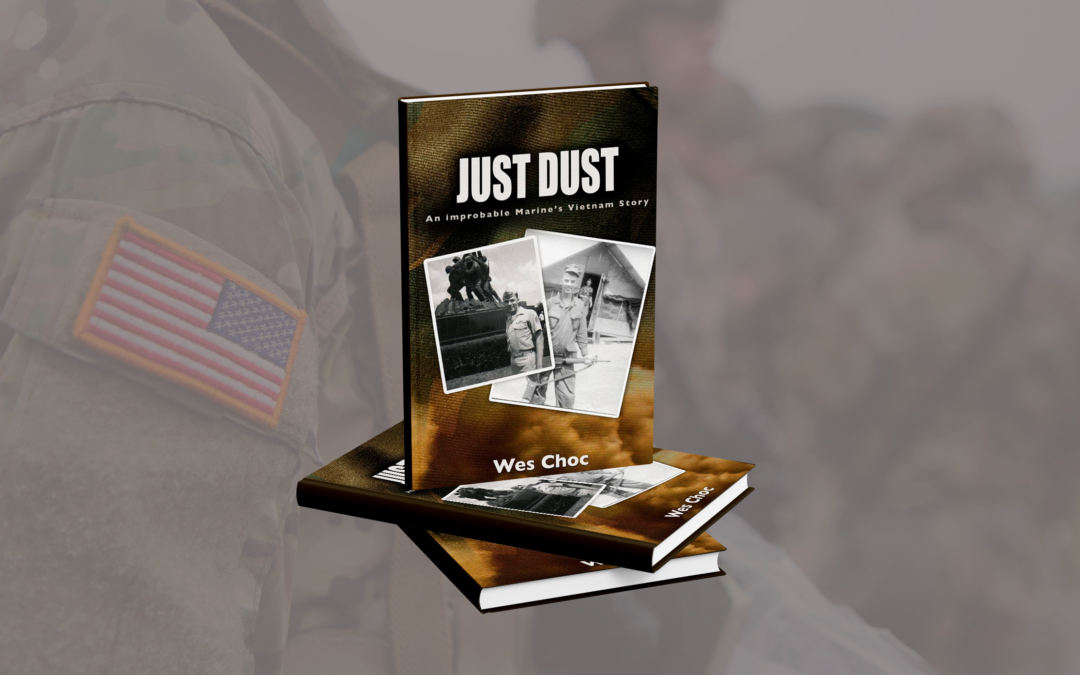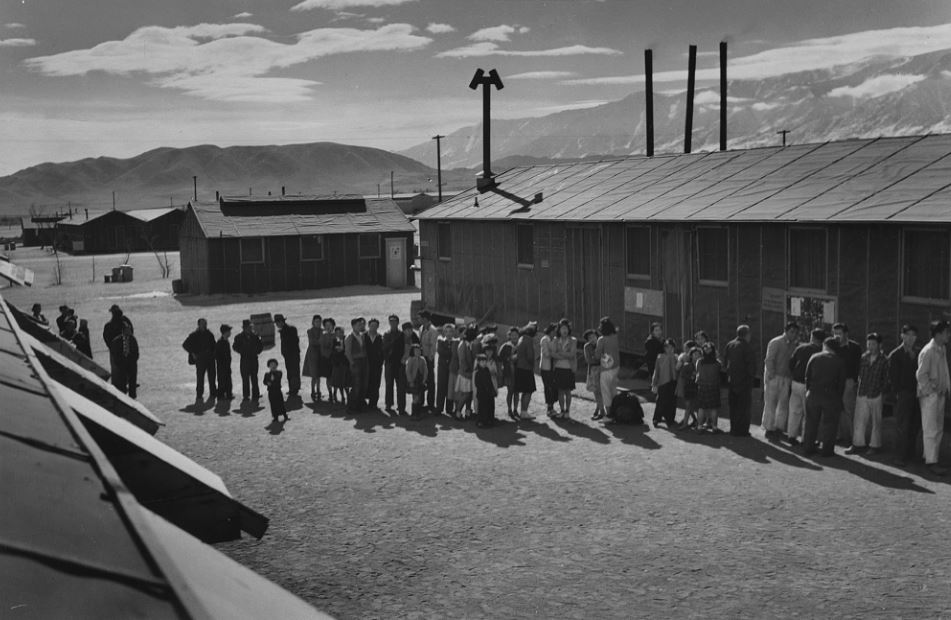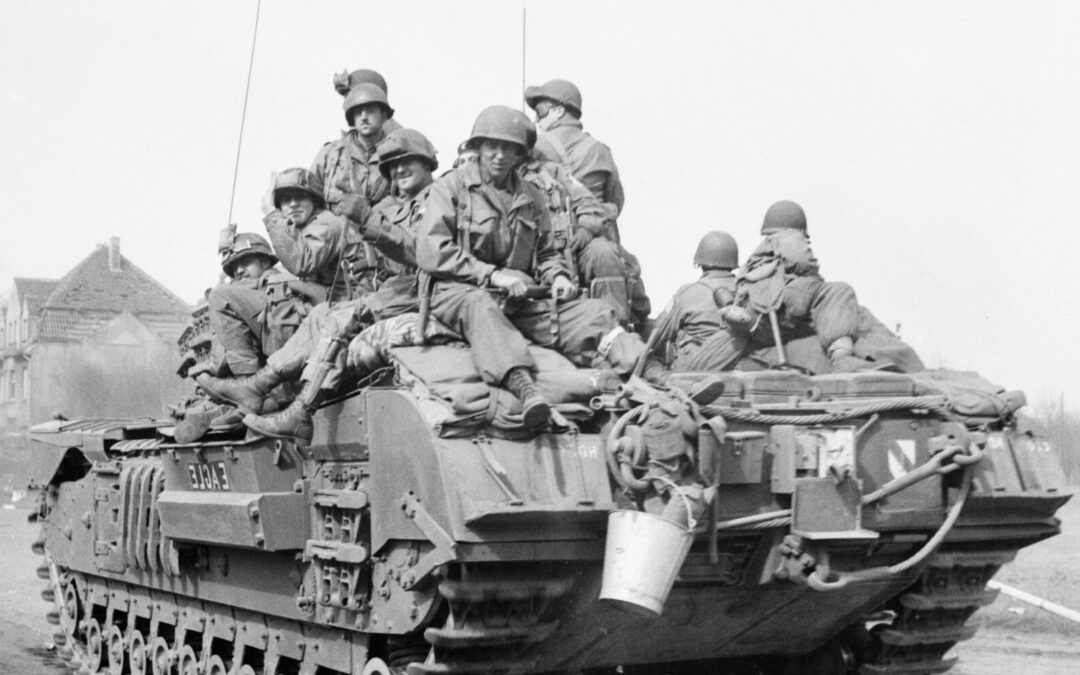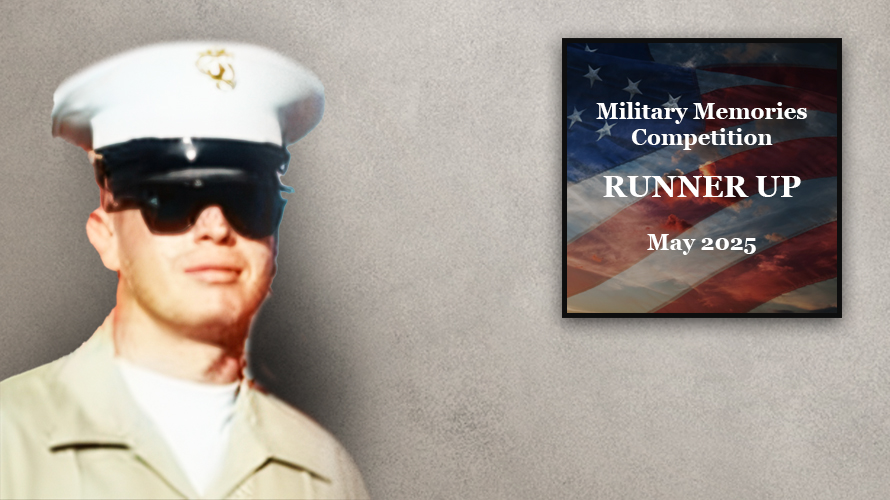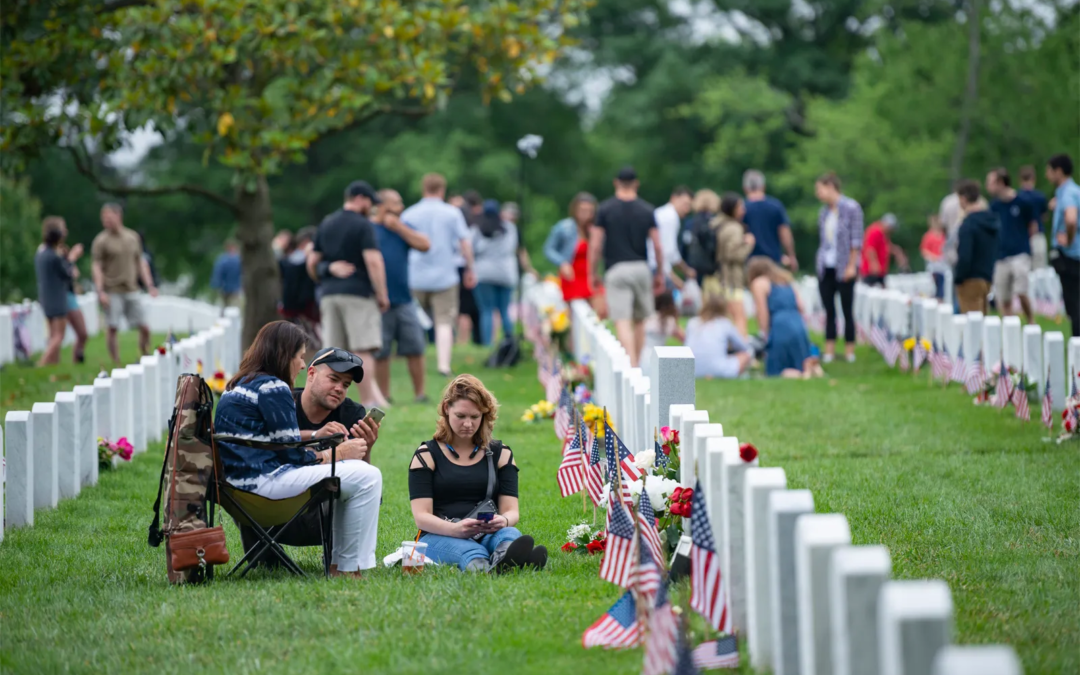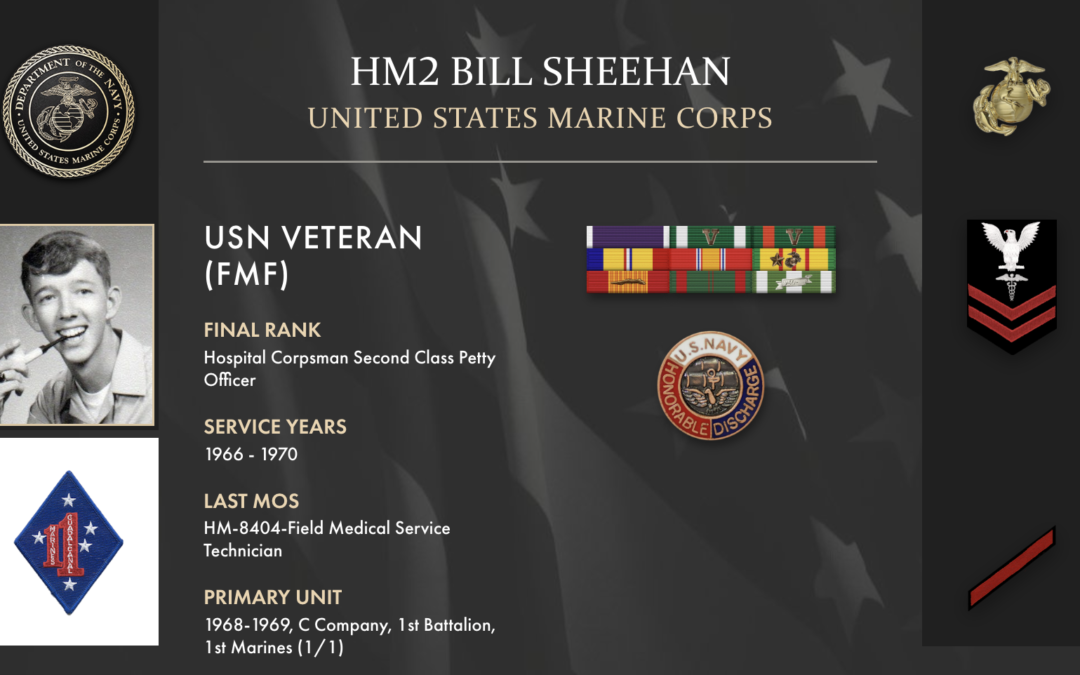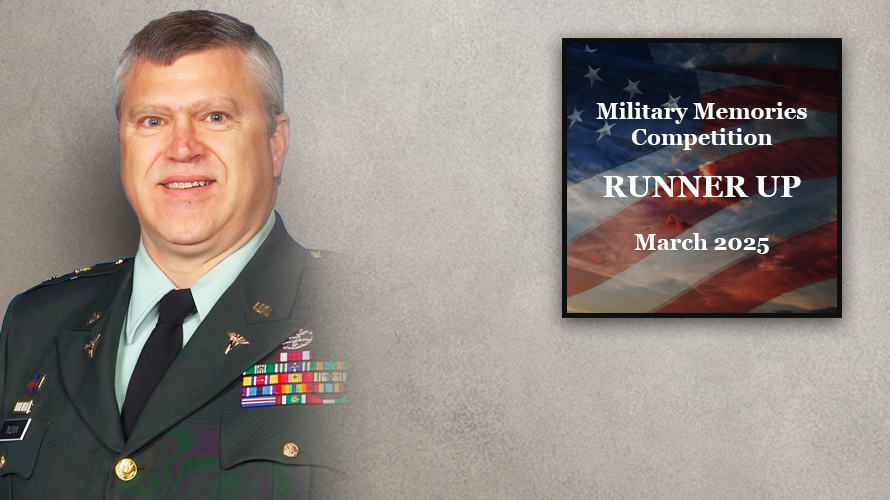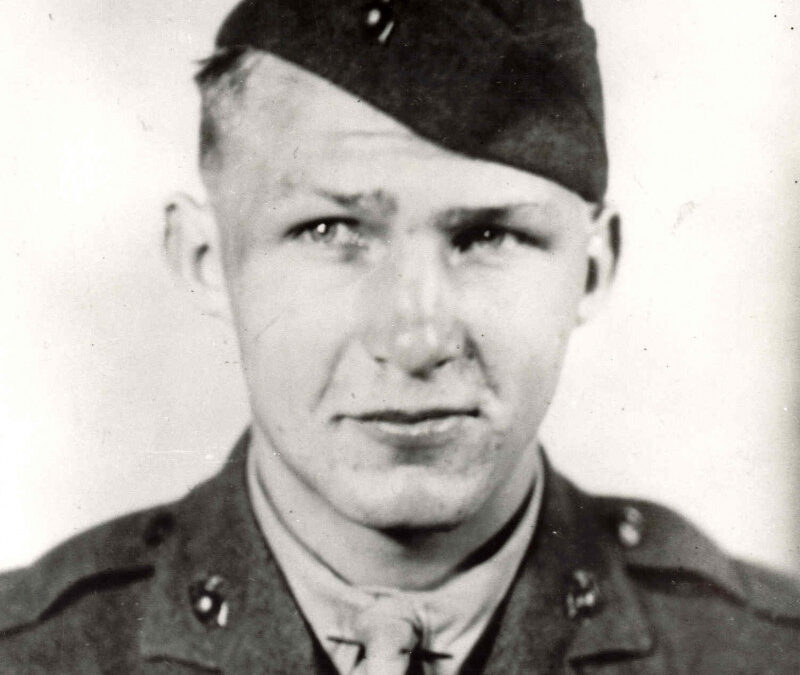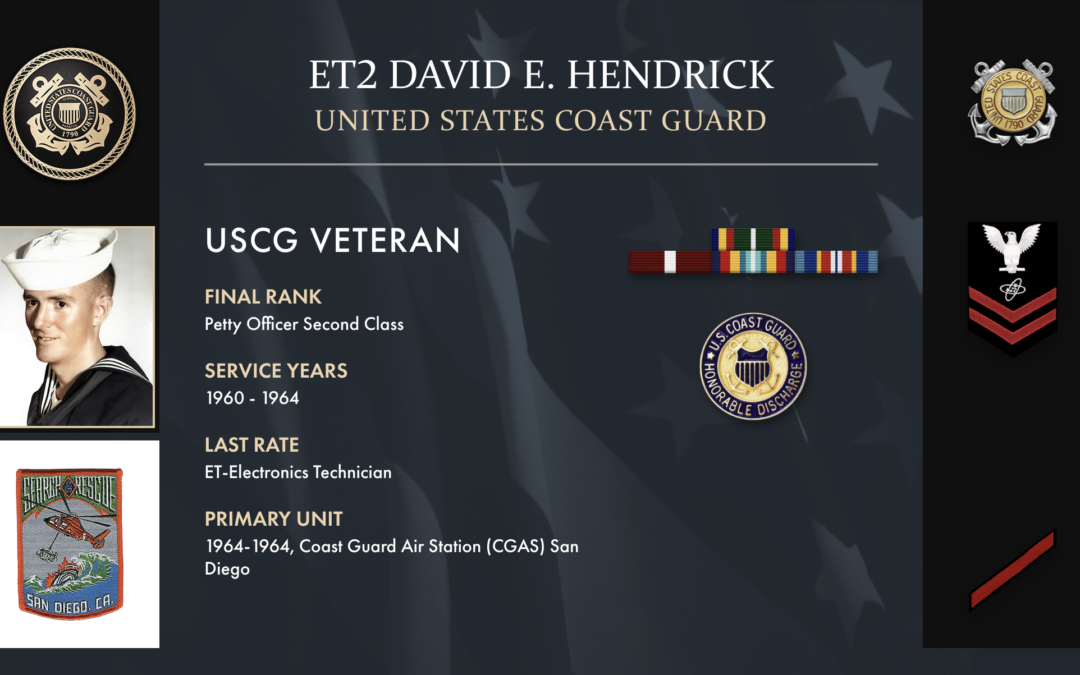By their very nature, books on war deal with death, near-death experiences, injuries and all the unpleasant but inevitable aspects of war, like homesickness, bad food, substandard leadership, impossible missions and seeing friends die but above all, is the fear; fear of being killed, fear of losing body parts, fear of not living up to the challenge, fear of fear itself. Just Dust: An Improbable Marine's Vietnam Story has all of that but focuses more on the author's contemplation of the...
